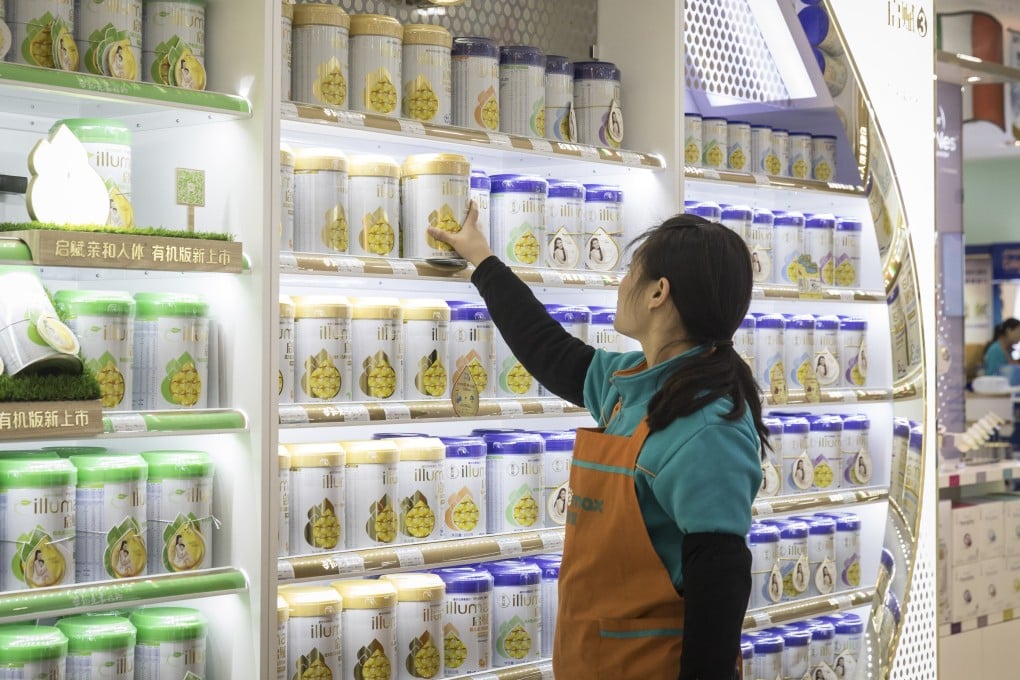China’s health-conscious consumers push liquid milk imports to ‘major milestones’ at expense of infant formula
- The average consumer in China drank five times as much milk last year than in 2012, with both exporters and Chinese dairy companies benefiting from the demand
- Liquid milk sales from New Zealand, the European Union and Australia boomed last year, but demand for infant milk formula continued to slowly decline

A growing awareness among Chinese consumers about the health and wellness benefits from drinking milk helped imports hit two “major milestones in 2020”, as the trade avoided coronavirus-related headwinds and political risks.
Chinese appetite for milk has historically been low due to a genetic lactose intolerance, but last year in China, the average consumer drank nearly 30kg (66lbs) of milk, five times the 6kg (13lbs) downed in 2012, according to research firm Daxue Consulting.
Both exporters and local Chinese dairy companies, such as Yili and Mengniu, are benefiting from the strong demand, in particular for long-life milk, according to Rabobank senior dairy analyst Michael Harvey.
“Last year was also the first time that China has imported more than one million tonnes of liquid milk in a calendar year.”
In the EU, there have been a number of lockdowns and other measures related to the pandemic which have reduced consumption within the EU bloc